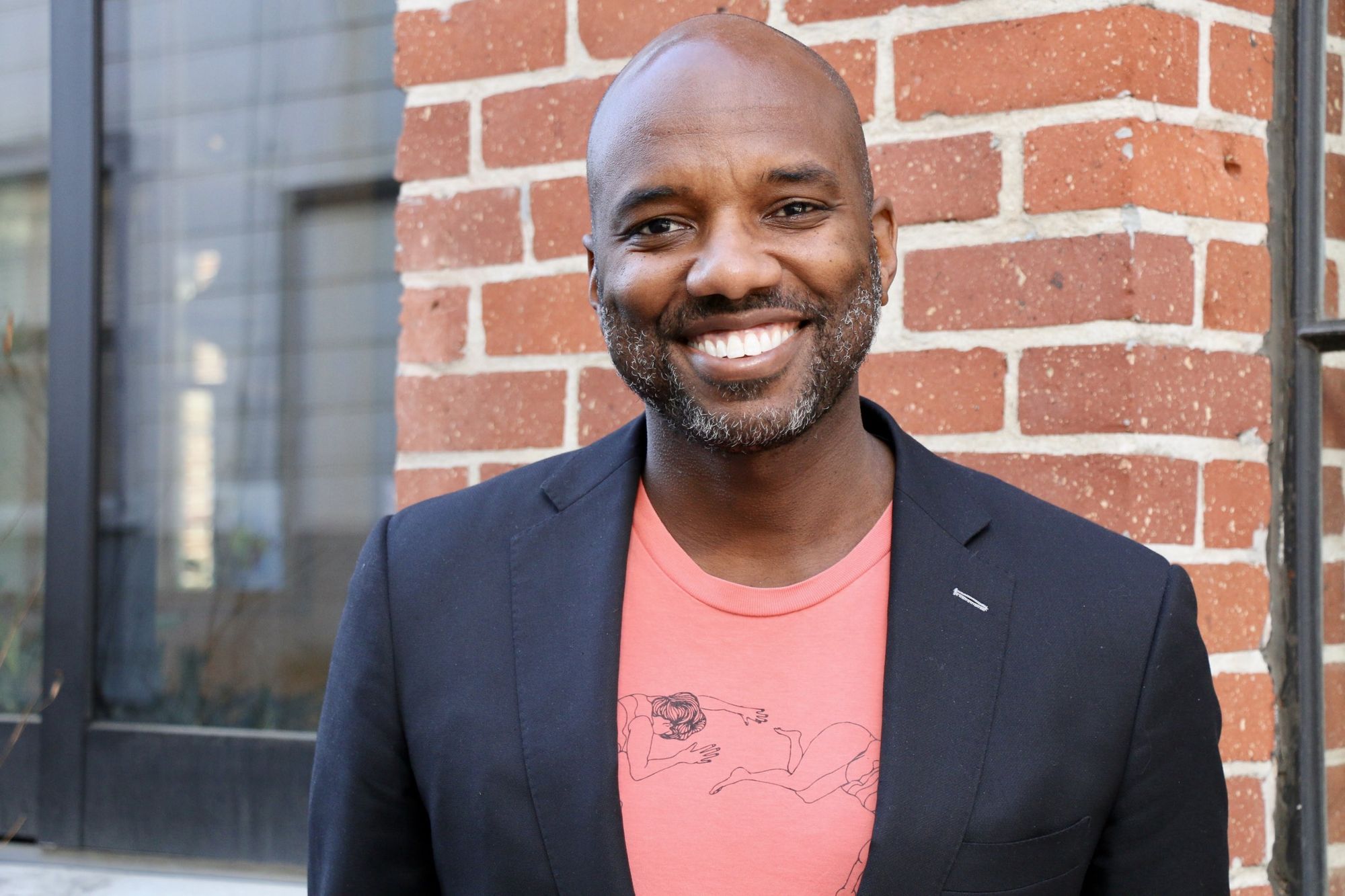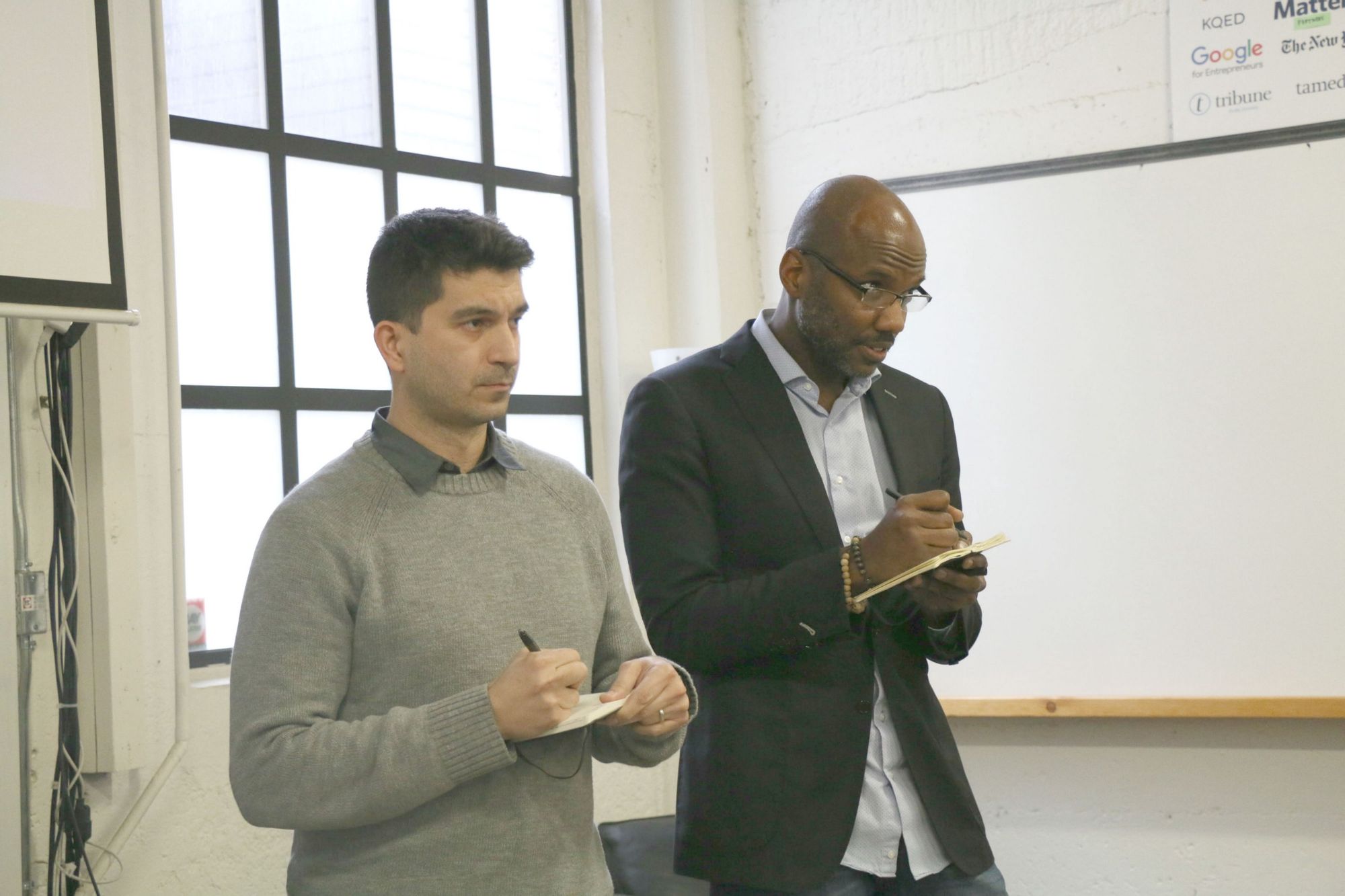Why Every Word On Radio Matters

Top highlight

It was before 7 AM and I was fast asleep. I know because the sunlight hadn’t made it through the blinds yet to wake me. I rested peacefully secure in the belief that when I rose that morning to head back to my advertising sales job at CBS Radio, the world would be exactly as I had left it the night before. Only it wasn’t. My landline awoke me to mother’s voice calling from back East saying solemnly, “Turn on the T.V.”
9/11/2001 was 17 Septembers ago. So, it took me some time to process that the loss I felt when I awoke on 11/9/2016 was just as profound.
We were attacked again. Not just from the outside (this time the Russian government, according to the most recent intelligence reports), but from the inside by our own deeply fragmented Like-driven society.
Anyone can be attacked. But this time, some of the deepest wounds were self inflicted. And that’s really the part that hurts most. We were co-opted as willing participants on Twitter and Facebook. We argued with what we thought were stereotypical people from “the other side” only to discover that there were agents and bots playing the greatest catfish game in history.
As the attacks further stoked the flames, we retreated from social media to the solace of CNN or FoxNews (heaven forbid we turn on something neutral like the PBS Newshour when Twitter posts are covered so well by the major networks). We went from the duopoly of Twitter and Facebook to the oligopoly of media (over 90% of U.S. media is owned by five companies) and back again.
We didn’t have a chance.
I’m 20 years in radio, beginning my ad sales career at WTOP News Radio in Washington, DC and created the original version of what came to be the iheartradio app in partnership with Clear Channel in 2007. In short, I’ve been streaming live radio to mobile phones since 2003.
I knew that 86% of live broadcast radio stations in the U.S. are independently owned and had spent the previous 14 years working on businesses that could harness the power of their content and overwhelming reach to 305M citizens weekly. After the election the imperative of distributing 100’s of thousands of diverse voices from local, independent, college, international, internet only, and small market radio stations crystallized for me.
In my previous startup, we constantly got asked if anyone could create their own radio station. “Hmm,” I thought, “If Freedom of Speech is limited by social media algorithms, trolls, and normative behavior, then why not give everyone a microphone?” I was confident that the trolls and the arguments were being given louder voices than the peaceful thought provoking types (and I was right). So it was decided. Let people create stations, add them to a professional radio station database and make everything on the radio searchable in real-time just like the internet. Every. Last. Word.
And why isn’t that the same as our current U.S.- democracy- threatening fragmentation? Because Real Radio is one to many and even if you can’t see anyone else while you’re listening, you know you’re not alone. As humans we need a place to gather, to listen to others, and to have true connection.

So, I tested the idea in a very scientific way. I called up my Co-founder from a previous venture, Jason Medeiros. We’d worked together for about 4-years at that point and after explaining nēdl I asked him, “Am I crazy?”
“No, it’s simple and easy to understand,” and with those words from him we started researching. That’s when we discovered something amazing truly amazing: that Natural Language Processing was finally good and cheap enough to commercialize.
So, what is nēdl? It’s The Search Engine for Live Broadcast. It’s real-time live event transcription made searchable and discoverable. nēdl (as in the haystack) is a B2B2C solution addressing a $44.1B global ad market with an AI-powered search engine to make radio more useful for users and measurable for advertisers. The platform allows radio listeners to use speech recognition (AI) to eliminate the need to go station-to-station for the specific news, sports, talk information and entertainment they want to hear. In addition to searching over 120,000 domestic/international live broadcast streams nēdl has secured, users can also search live User-Generated Content as users can tap a mic, start their own live broadcasts to inject their words into the same live search results so others can discover them as they are speaking.
As we dug in for the next year, we began to think we’d have to build a commercial product first that had impact down the road rather than build a product that could be both commercially viable and impactful at once, until we learned about Matter.
It was one of the first times that we spoke to an institutional investor that was standing for our mission — to democratize access to information and to the microphone itself. Honestly, we didn’t know that this kind of institutional investor alignment was possible before the last six months and we’re thrilled to be a part of Matter Eight.

